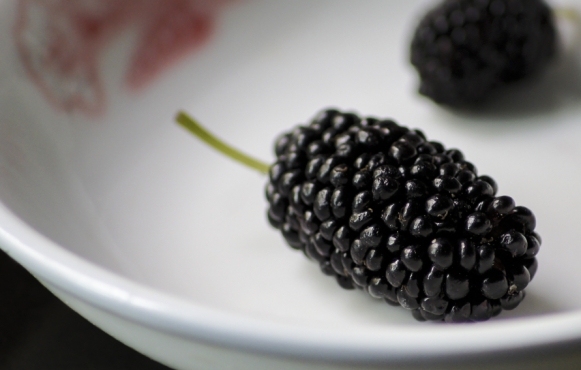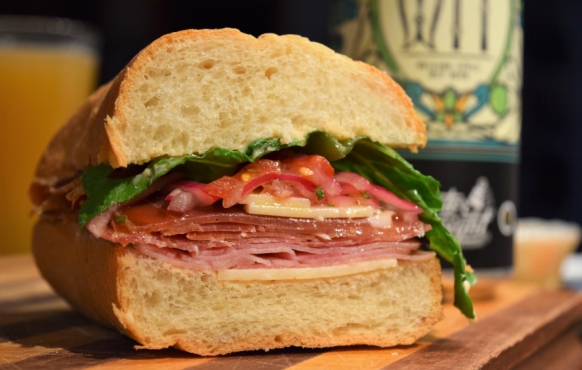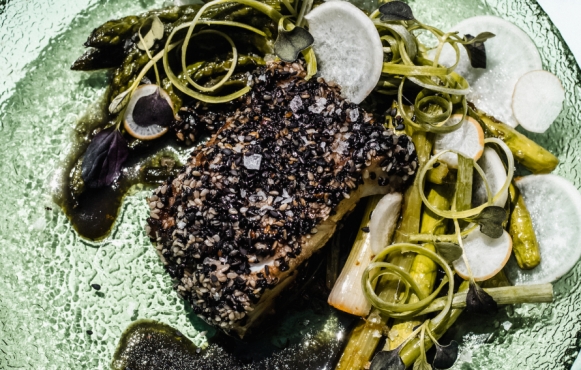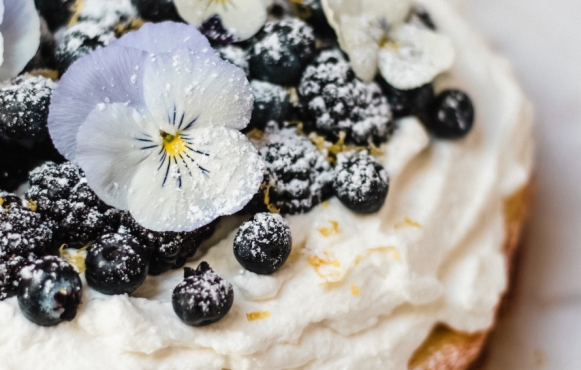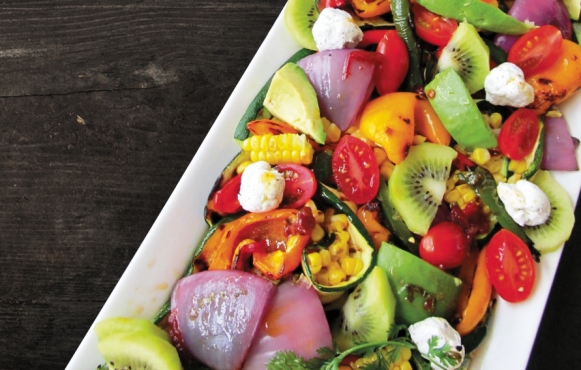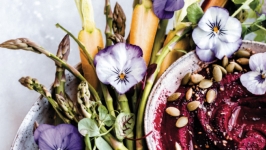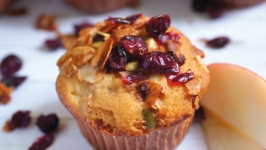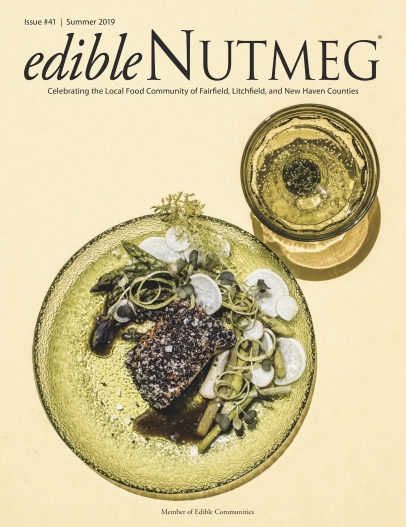
LETTER FROM THE PUBLISHER
In this issue, we recognize the 2019 winners of the Bill Duesing Organic Living on the Earth award. The award is given in Bill’s memory and in honor of the principles for which he stood. I didn’t have an opportunity to get to know Bill Duesing very well, but we did meet a handful of times before he passed away in 2018. Bill had a lot of wisdom to impart, but I best remember something he said during one of his presentations, “Let your garden be messy.”
He wasn’t suggesting that we be neglectful of our yards and gardens. Much to the contrary, letting a garden get “messy” was, for Bill, the height of attentiveness to it. You see, Bill loved sustainable and organic agriculture, but only partially because he loved the act of farming. Although he is strongly associated with the organic agriculture movement, when I read his essays and other work, it becomes clear to me that he was, first and foremost, a conservationist. His advocacy for sustainable food and energy systems was, largely, a byproduct of his love for the natural world. And in that natural world, things are often quite messy.
A neat and well-ordered garden, with plants dutifully adhering to their rows, is gratifying to look at. It represents, for the gardener, a “job well done.” However, left untended for more than even a couple of days in the summer sun, that austere organization quickly falls apart. Weeds pop up, seemingly from nowhere. Insects move in and take their cut of the gardener’s hard work. Chipmunks, moles, and other small creatures have the audacity to move right in and call the place home.
Yet this, Bill would say, is exactly how your garden is meant to be: a messy place; a shared place. Those weeds aren’t worthless. In fact, they provide both food and habitat for innumerable species of wild, native pollinators and other insects that, in turn, aid in wild plant propagation and provide a food source for birds. Garden squatters of the mammalian variety are anything but orderly, yet the ground we grow in and on is their ancestral home, and without them, hawks, owls, and other predators are deprived of their own food sources.
Viewed from a broad perspective, a messy, shared garden or yard is an amazingly biodiverse place, filled with a great range of plant, animal, and insect species, each irrevocably tied to the success and survival of the others. By comparison, a starkly tidy, unshared garden is a biologically sparse landscape, well fit for immediate human needs, but little else. If the deteriorating state of the world’s natural life-support systems teaches us anything, it’s that a focus on nothing but our immediate needs has left us on a dangerous trajectory.
This summer, I hope you’ll help alter that course and consider sharing your garden or yard with the many other denizens of our state. There are countless ways to do so. Avoid chemical pesticides and synthetic fertilizers. In addition to your favorite vegetables, sow native shrubs, trees, and vegetation rather than non-native ornamentals, which Connecticut’s wild insects cannot utilize for food. Perhaps most simply, let some portion of your yard or garden “go wild.” Connecticut’s open meadows, filled with tall grasses and incredibly colorful wildflowers, are beautiful both to human and animal sensibilities. In exchange for less time and resource expenditure on some portion of your yard – quite literally, for doing less work – it will bloom into a wild and beautiful shared place. For certain, it will be messy, but it will be an abundant and plentiful mess, the very kind of which Bill was most fond.
Dana Jackson, Editor & Publisher
Summer 2019 full digital edition flipbook





